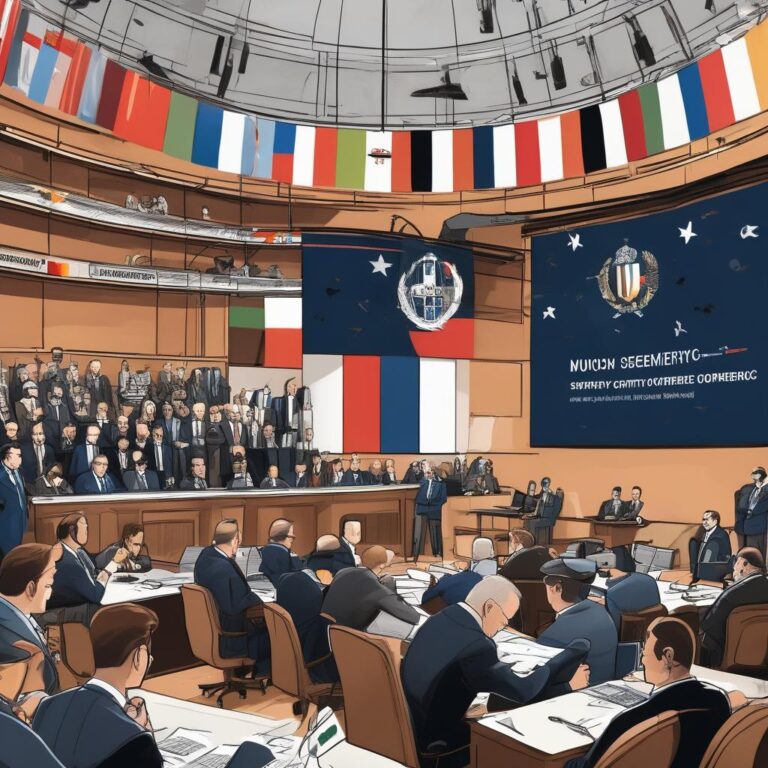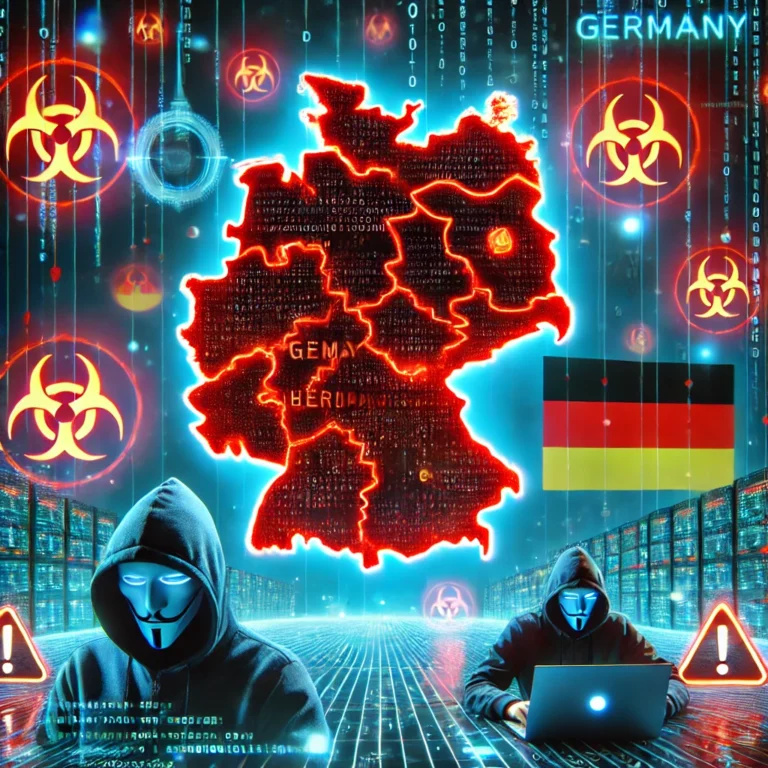
Vancouver, BC – written February 13 2025 – On February 13, 2025, Munich witnessed a troubling event that has put national security back in the spotlight just ahead of the upcoming German federal election on February 23. A car, driven by a 24-year-old Afghan asylum seeker, crashed into a crowd, injuring at least 30 people. This incident has raised urgent questions about the safety of citizens and visitors in Germany, particularly as international leaders, including U.S. Vice President JD Vance and Ukrainian President Volodymyr Zelenskiy, prepare to convene for the Munich Security Conference.
The attack, which occurred during a demonstration organized by striking workers, reflects growing anxieties surrounding immigration and public safety in Germany. The Bavarian state premier, Markus Soeder, characterized it as “probably an attack,” underlining the serious implications for security as the country gears up for an election that sees law and order becoming a central theme. With polling showing conservative forces gaining traction, Friedrich Merz, the frontrunner for the chancellorship, has made it clear that public safety will be his top priority.
This incident comes in the wake of other violent events that have shaken public trust. Recent attacks, including a deadly knife incident in Aschaffenburg, have intensified calls for a reassessment of immigration policies. Another example is when on August 23, 2024, a 26-year-old Syrian refugee stabbed three people to death and injured eight others in Solingen, Germany This has allowed parties like the far-right Alternative for Germany (AfD) to capitalize on fears around migration and security, complicating the political landscape further.
The Munich Security Conference, which begins on Friday, is intended to address pressing global security issues, but the atmosphere has suddenly shifted. Attendees are likely to feel the weight of the recent attack as discussions on international collaboration and security measures take center stage. The conference’s ability to foster a sense of safety and collaboration will be essential in counteracting the anxiety generated by these events.
As Germany faces this challenge, it finds itself in a heightened state of alert, represented by a Level 2 security status. This designation highlights the nation’s awareness of potential threats and its commitment to ensuring safety for both its citizens and international visitors. Ensuring the safety of all during significant events is paramount, and timely responses from law enforcement and government officials will play a crucial role in restoring public confidence.
Exercise increased caution in Germany due to terrorism, according to the Travel Advisory by the State Government in Germany:
Country Summary: Terrorist groups keep planning attacks in Germany. Terrorists may attack with little or no warning. They target tourist locations and transportation hubs. They also target markets/shopping malls and local government facilities. They target hotels, clubs, and restaurants. They also attack places of worship, parks, and major sporting and cultural events. They target schools, airports, and other public areas.
In an era where security concerns are driving political narratives, it remains essential for Germany to safeguard its reputation as a welcoming and secure destination. The coming days will reveal how the nation navigates these complex dynamics while addressing both immediate safety concerns and long-term policy implications. Canadians will be heading to Germany in March in large numbers for various fairs, especially the Hannover Messe, where Canada is the official partner country, so safety is of great concern for Candadians and others around the world.
The tense discourse surrounding the aftermath of the Munich attack reflects broader concerns about security, immigration, and international relations within Germany. As political leaders debate policies and procedures to prevent future incidents, the complex balance between civil liberties and national security remains at the forefront of public discourse.
The potential cooperation between Germany and the Taliban on deportation matters further adds a geopolitical dimension to these domestic issues, highlighting the intricate web of relations and policies that define contemporary challenges. As Germany approaches its federal elections, these discussions underscore the critical decisions facing its leaders and citizens regarding safety, governance, and international diplomacy.
Munich Security Conference 2025
The 61st Munich Security Conference (MSC) will take place from February 14 to 16, 2025, at the Hotel Bayerischer Hof in Munich. The MSC 2025 will once again offer an unparalleled platform for high-level debates on the key foreign and security policy challenges of our time.
If you decide to travel to Germany:
- Be aware of your surroundings when traveling to tourist locations and crowded public venues.
- Follow the instructions of local authorities.
- Monitor local media for breaking events and adjust your plans based on new information.
- Enroll in the Smart Traveler Enrollment Program (STEP) to receive Alerts and make it easier to locate you in an emergency.
- Follow the Department of State on Facebook and Twitter.
- Review the Country Security Report for Germany.
- Visit the CDC page for the latest Travel Health Information related to your travel.
- Prepare a contingency plan for emergency situations. Review the Traveler’s Checklist.







